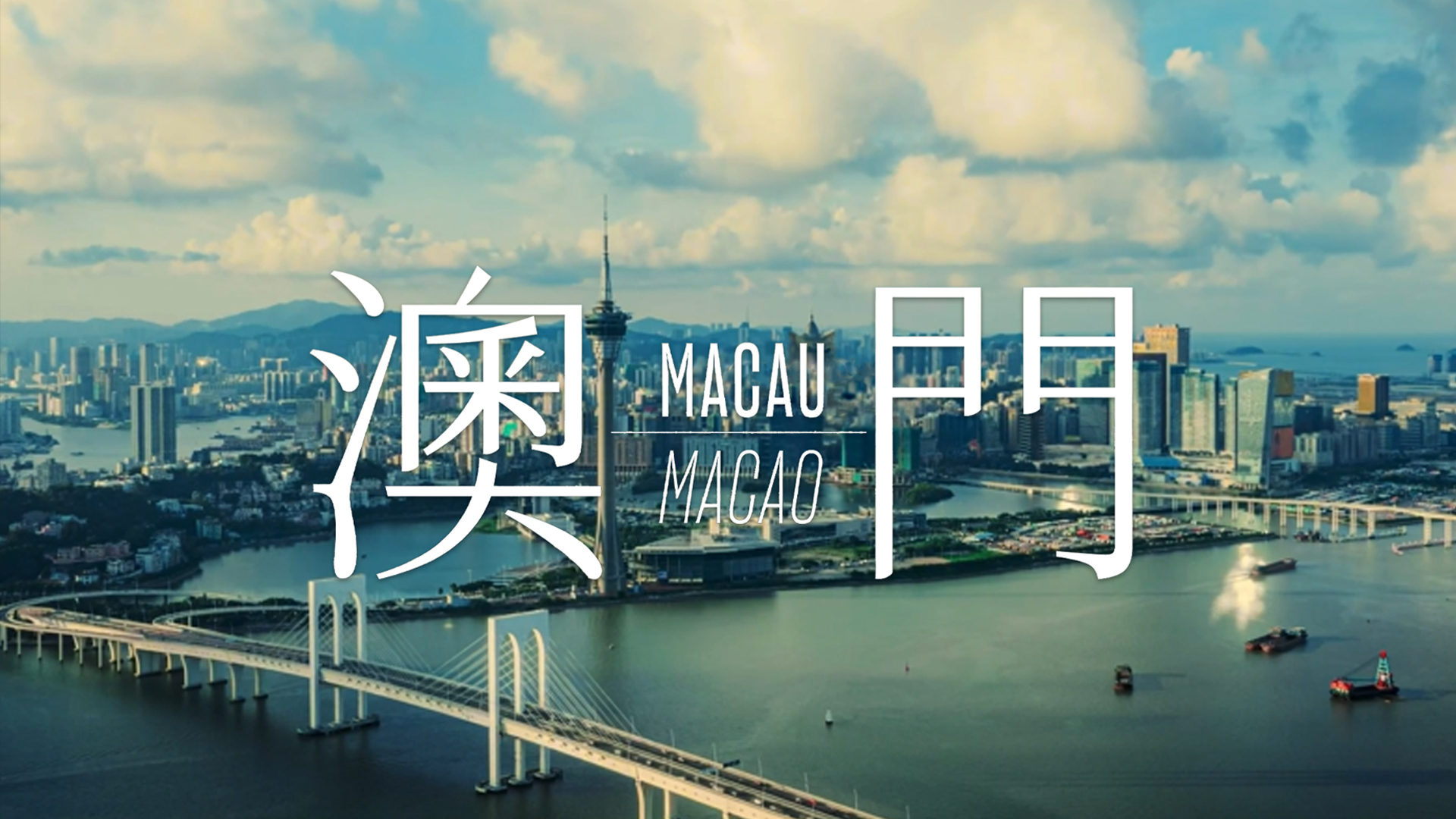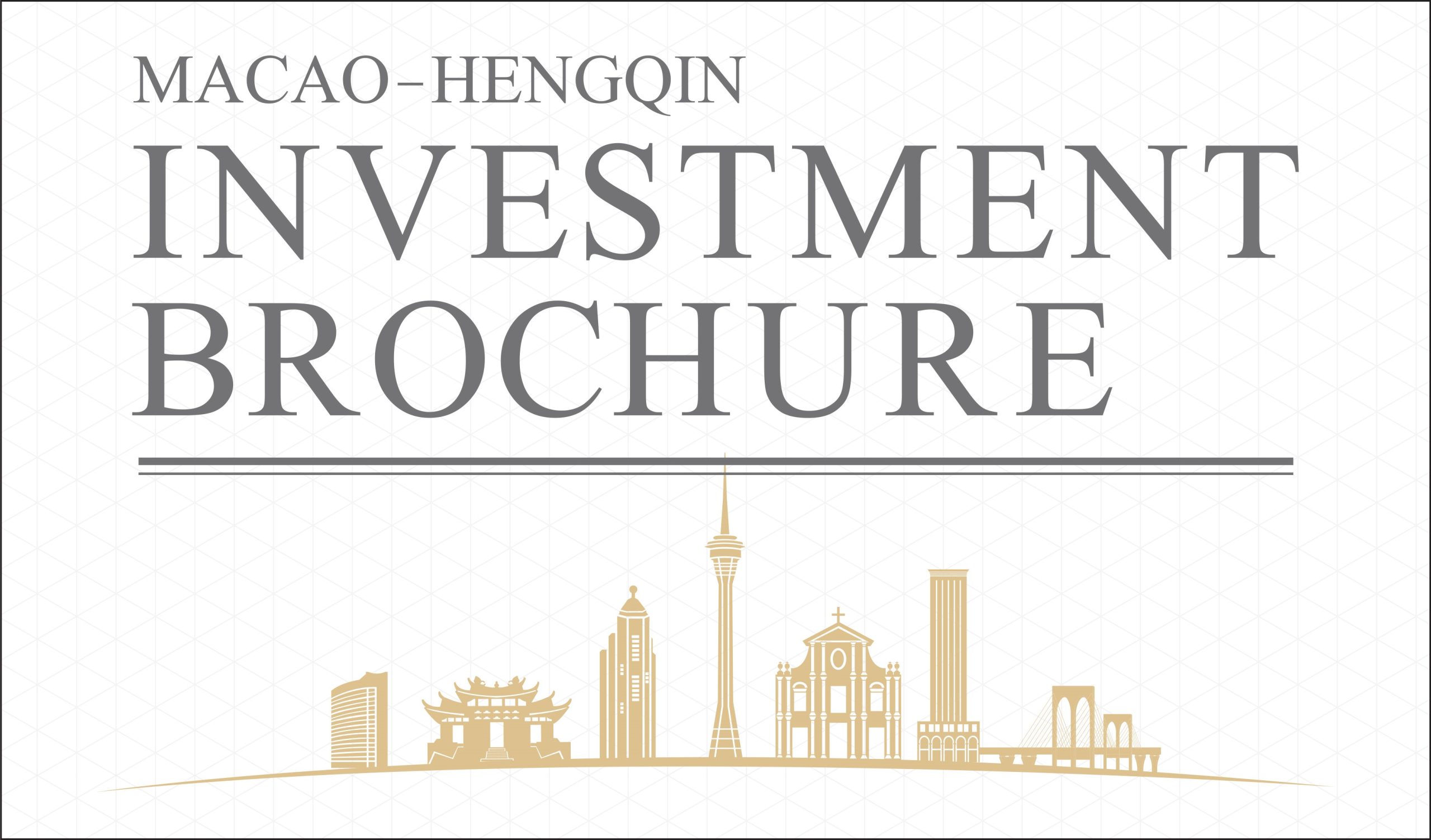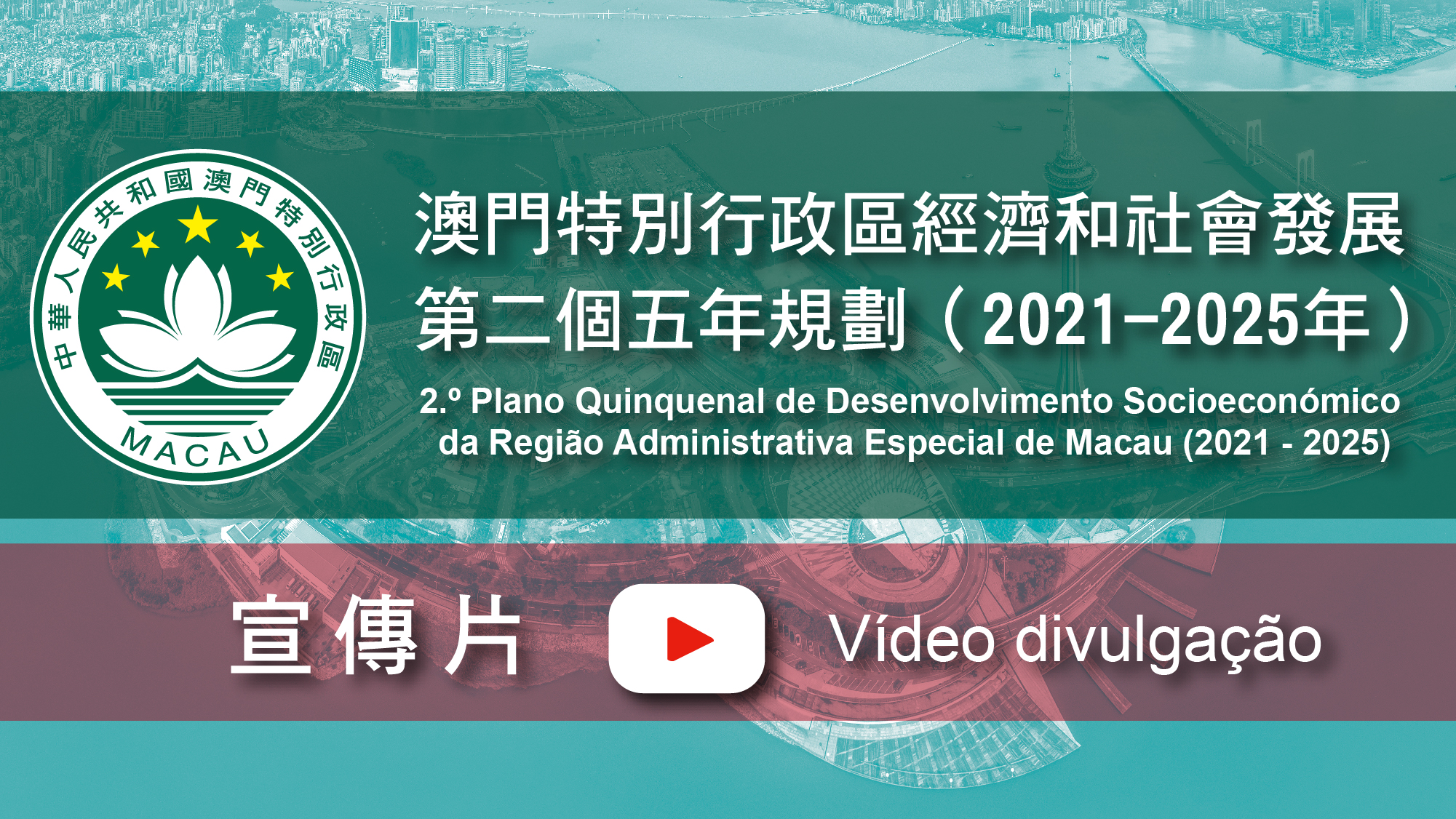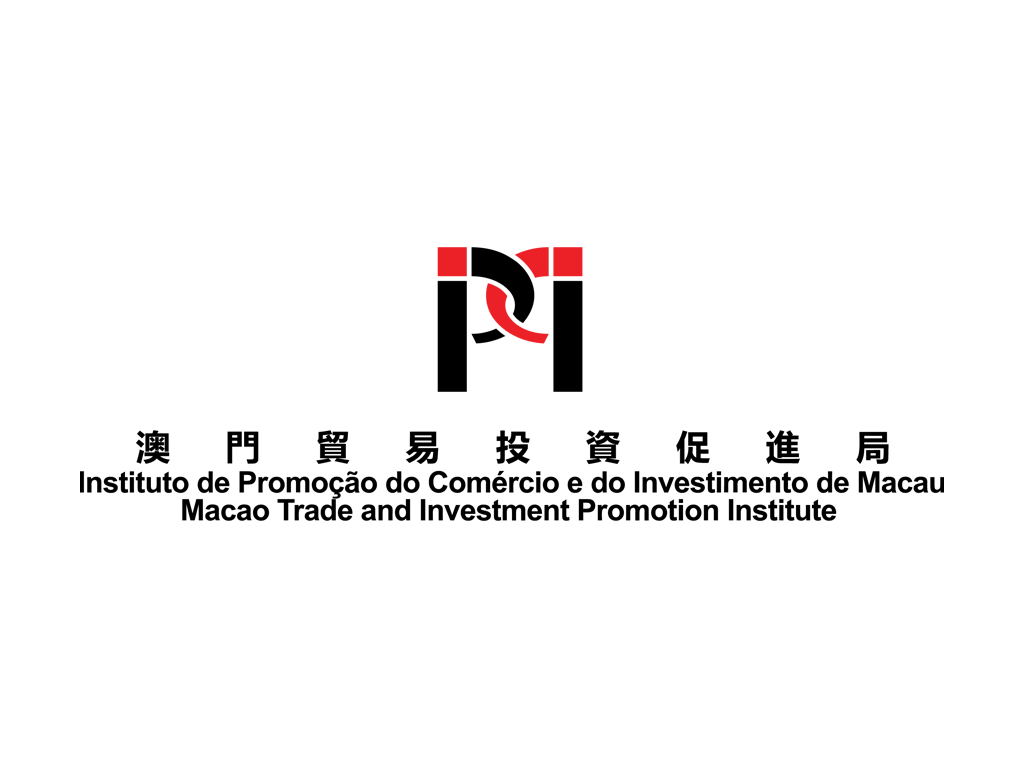[2019-09-26] Brazil’s vice president invites Chinese companies to invest in the country
The Chinese are interested and have the capital and experience to drive major infrastructure works in Brazil, said the vice president and acting president of Brazil.
General Hamilton Mourão, speaking at the Annual Conference of the Brazil-China Business Council (CEBC), which brought together business people from both countries in São Paulo, recalled that the stoppage of major works in Brazil had created an environment of opportunity for Chinese companies and banks, which have available capital, to invest in strategic areas.
“China recognises Brazil as an important regional partner and we are aware that Brazilian political instability has not contributed to economic development,” added Mourão, quoted by the Correio Braziliense newspaper.
The acting President stressed that Brazil wants to broaden and diversify its trade relationship with China. One example is that after President Jair Bolsonaro’s visit to China in October, President Xi Jinping’s visit to Brazil is planned.
“We have sought to build trust and create an enabling environment for the broadening and diversification of economic relations with China, a wish that is very pertinent within the context of trade and economic conflict between China and the United States,” said Mourão.
China’s ambassador to Brazil, Yang Wanming, recently said that over the last decade his country has been the largest buyer of Brazilian agricultural products, and now intends to extend the type of imports to other products, one of which is beef.
During a meeting on Monday of the Higher Council of Agribusiness (Cosag) of the Federation of Industries of the State of São Paulo (FIESP), the ambassador, after recalling that the current consumption of beef is 4.0 kilogrammes per person in China, mentioned forecasts that this consumption would be expected to double by 2027, requiring imports of more than 8 million tonnes, which exceeds total European production.





















